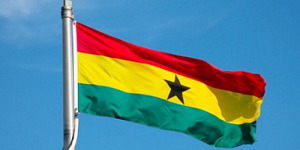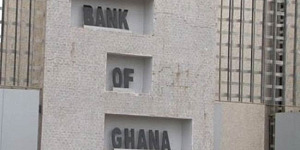Ghana’s inflation rate for February 2024 dropped to 23.2% for month of February 2024.
This represents a decline of 30basis points from the 23.5% recorded in January 2024.
This is according to the Ghanian government’s Statistician-General, Samuel Kobina Annim.
Food inflation decelerated to 27% from 27.1% in January, while non-food price growth stood at 20%, down from 20.5%.
The Bank of Ghana had forecasted that inflation would range between 13% and 17% by the year’s end, gradually returning to its medium-term target range of 6% to 10% by the conclusion of 2025.
The decline in inflation aligns with policymakers’ anticipation for a continued easing of inflationary pressures. This led to the decision to conclude the most aggressive phase of monetary tightening, resulting in a reduction of the benchmark rate from 30% to 29% in January.
Backstory
In 2023, Ghana faced an unparalleled economic downturn characterized by an alarming inflation rate that surged to over 50%.
- The nation’s economic difficulties commenced in December 2022 with the declaration of a suspension of payments on a substantial portion of its $28.4 billion external debt, effectively constituting a default.
- Recently, the IMF approved a $3 billion rescue package for Ghana- the world’s second-largest cocoa producer. Additionally, the West African nation is undergoing a comprehensive restructuring of nearly all its $47 billion debt to ensure its sustainability.





































